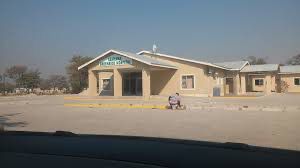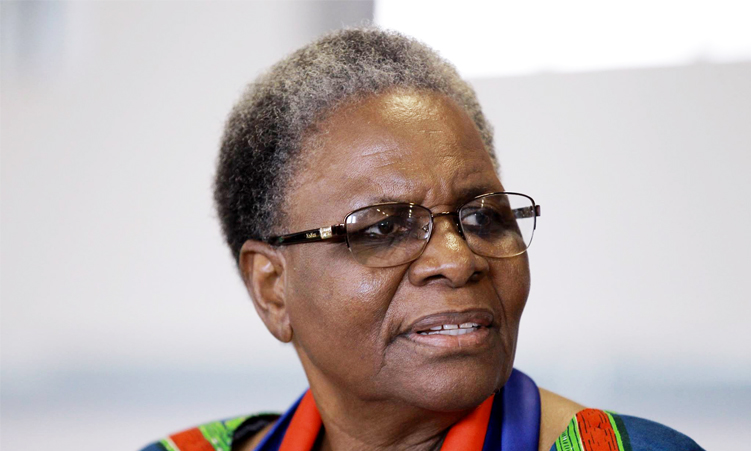POVERTY is a problem for everyone and Namibians must join hands to eradicate it.
This is the view of Veronica de Klerk, Executive Director of Women’s Action for Development (WAD), who addresses the national conference on poverty reduction being held in Windhoek. “Poverty has many different faces, changing from place to place and across time.And most often, poverty is a situation from which people want to escape.Therefore, poverty is a call for action – not only for the poor, but for the affluent as well,” she declared.De Klerk, who heads an organisation which seeks to empower women and bring about social and economic change, said now was the time to act towards alleviating poverty.She said it was disturbing to note that some people had accepted being poor as the norm, when their circumstances could still be turned around.She called on the advantaged in society to assist in changing this mindset, which was hampering economic development.”Working among the poor for so many years, I am truly perturbed by the signs that overwhelming poverty in many regions are eroding away all initiative and urge to be self-reliant among impoverished communities.”De Klerk added that it was unfortunate that even many of the country’s unemployed youths were failing to free themselves from the clutches of poverty.Drug abuse, teenage pregnancies, alcoholism; laziness and callous attitudes contributed to the social decay rotting the minds of youths, she said.She, however, acknowledged that amidst all the poverty and depressing conditions, some managed to rise and make something of themselves through skills development training.De Klerk also called on parents and educators to cultivate a spirit of entrepreneurship in learners, so they could have a chance of becoming employers in the near future and not be mere job seekers.The poverty conference, attended by representatives from the Government, private sector, civil society, churches and the academic community, ends today with the hope of coming up with effective ways of dealing with poverty.The latest Namibian Household Income and Expenditure survey has revealed that around 34 per cent of Namibians live in poverty, while nine per cent live in extreme poverty.Africa, although rich in mineral and other natural resources, remains the world’s poorest continent with most of its inhabitants wallowing in poverty brought about by unemployment, strife, under-development and HIV-AIDS, among other contributing factors.”Poverty has many different faces, changing from place to place and across time.And most often, poverty is a situation from which people want to escape.Therefore, poverty is a call for action – not only for the poor, but for the affluent as well,” she declared.De Klerk, who heads an organisation which seeks to empower women and bring about social and economic change, said now was the time to act towards alleviating poverty.She said it was disturbing to note that some people had accepted being poor as the norm, when their circumstances could still be turned around.She called on the advantaged in society to assist in changing this mindset, which was hampering economic development.”Working among the poor for so many years, I am truly perturbed by the signs that overwhelming poverty in many regions are eroding away all initiative and urge to be self-reliant among impoverished communities.”De Klerk added that it was unfortunate that even many of the country’s unemployed youths were failing to free themselves from the clutches of poverty.Drug abuse, teenage pregnancies, alcoholism; laziness and callous attitudes contributed to the social decay rotting the minds of youths, she said.She, however, acknowledged that amidst all the poverty and depressing conditions, some managed to rise and make something of themselves through skills development training.De Klerk also called on parents and educators to cultivate a spirit of entrepreneurship in learners, so they could have a chance of becoming employers in the near future and not be mere job seekers.The poverty conference, attended by representatives from the Government, private sector, civil society, churches and the academic community, ends today with the hope of coming up with effective ways of dealing with poverty.The latest Namibian Household Income and Expenditure survey has revealed that around 34 per cent of Namibians live in poverty, while nine per cent live in extreme poverty.Africa, although rich in mineral and other natural resources, remains the world’s poorest continent with most of its inhabitants wallowing in poverty brought about by unemployment, strife, under-development and HIV-AIDS, among other contributing factors.
Stay informed with The Namibian – your source for credible journalism. Get in-depth reporting and opinions for
only N$85 a month. Invest in journalism, invest in democracy –
Subscribe Now!






